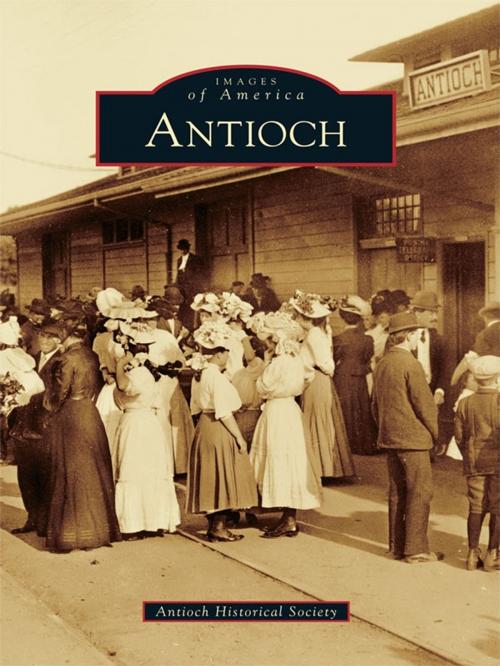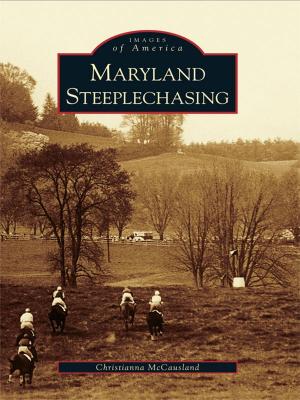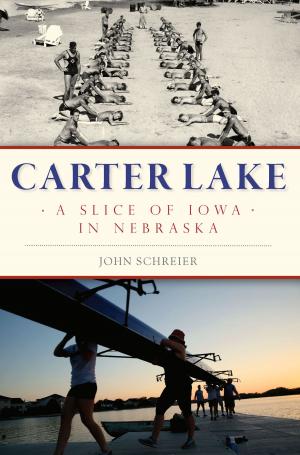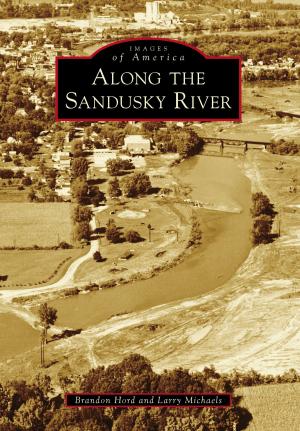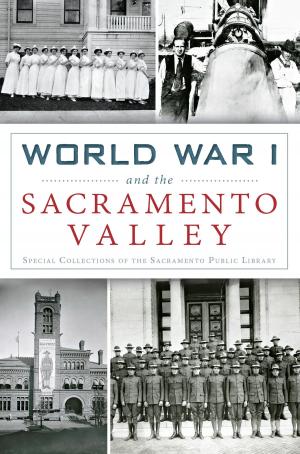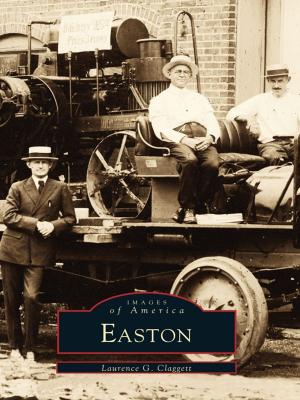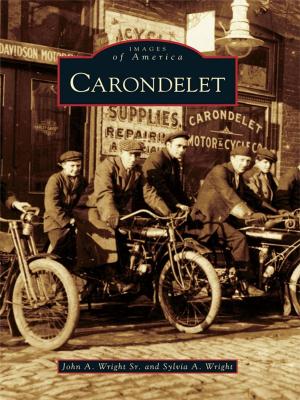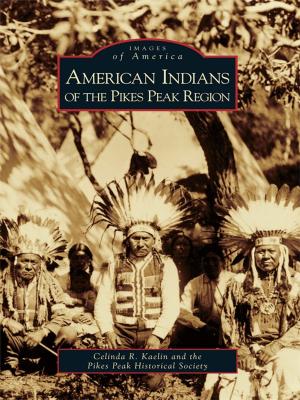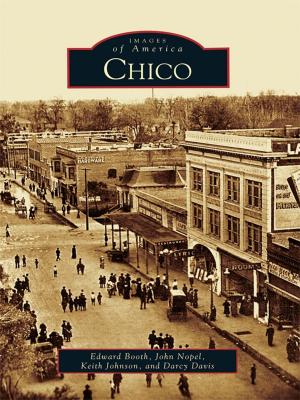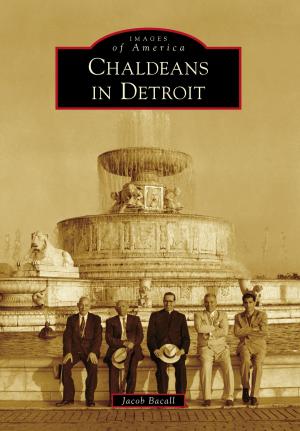| Author: | Antioch Historical Society | ISBN: | 9781439614419 |
| Publisher: | Arcadia Publishing Inc. | Publication: | November 23, 2005 |
| Imprint: | Arcadia Publishing | Language: | English |
| Author: | Antioch Historical Society |
| ISBN: | 9781439614419 |
| Publisher: | Arcadia Publishing Inc. |
| Publication: | November 23, 2005 |
| Imprint: | Arcadia Publishing |
| Language: | English |
When the first settlers arrived here in 1850, they could never have guessed that their tiny settlement would one day be home to over 100,000 souls, scores of factories, and the gateway to the California Delta with some of the most productive agricultural lands in the world. In earlier days, the Sacramento and San Joaquin Rivers were the main routes into the state�s interior, as the swampy delta land had yet to be tamed. Antioch and nearby Pittsburg served as major depots for supplies to the Sierra gold fields, stockpiling lumber, produce, hay, dry goods, medicine, and fuel from the Stewartville, Empire, and Judsonville coal mines. Named in 1851 after the biblical city in Syria, this town served for many years as the Bay Area�s easternmost outpost and provided its inhabitants with a bounty both man-made and natural.
When the first settlers arrived here in 1850, they could never have guessed that their tiny settlement would one day be home to over 100,000 souls, scores of factories, and the gateway to the California Delta with some of the most productive agricultural lands in the world. In earlier days, the Sacramento and San Joaquin Rivers were the main routes into the state�s interior, as the swampy delta land had yet to be tamed. Antioch and nearby Pittsburg served as major depots for supplies to the Sierra gold fields, stockpiling lumber, produce, hay, dry goods, medicine, and fuel from the Stewartville, Empire, and Judsonville coal mines. Named in 1851 after the biblical city in Syria, this town served for many years as the Bay Area�s easternmost outpost and provided its inhabitants with a bounty both man-made and natural.
